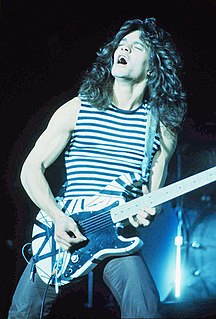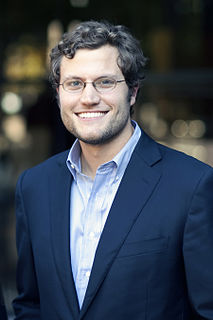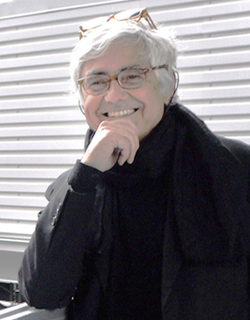A Quote by Lee Gutkind
When I talk with my students, I introduce a process of work I call the three R's: First comes research, then real world exploration, and finally, and perhaps most important, a fact-checking review of all that has been written.
Related Quotes
The usual method of creation for most human beings is a three-step process involving thought, word, and deed or action. First comes thought; the formative idea; the initial concept. Then comes the word. Most thoughts ultimately form themselves into words, which are often then written or spoken. This gives added energy to the thought, pushing it out into the world, where it can be noticed by others. Finally, in some cases words are put into action, and you have what you call a result; a physical world manifestation of what all started with a thought.
An important Italian critic once gave Fistful of Dollars a very bad review when it came out. Then he went to the university here [Rome] with Once Upon a Time in America. We showed it to 10,000 students. And while the man was speaking that day to the students, with me present, he said, "I have to state one thing. When I gave that review about Sergio's films, I should have taken into account that on Sergio Leone's passport, there should not be written whether the nationality is Italian or anything else. What should be written is: 'Nationality: Cinema.' "
Eighty-three percent of our students are Pell Grant-eligible, which means, by and large, that their families have a dysfunctional relationship with wealth and with work. So if you have never been in an environment where you have come to understand the expectations of a career, because all you have ever seen is people be underemployed or unemployed, then how are you going to learn that? Our students are getting two forms of education. They're getting a rigorous liberal arts training, and they're also getting real world work experience.
We sometimes talk as if "original research" were a peculiar prerogative of scientists or at least of advanced students. But all thinking is research, and all research is native, original, with him who carries it on, even if everybody else in the world already is sure of what he is still looking for.
My main qualm about TV criticism has been when people review TV the way they review movies. They watch the pilot, and write a definitive review of the show. The obvious analogy is that you don't read the first eight pages of a book and then talk about whether the book works or not. People want so desperately in this day and age to declare something thumbs-up or thumbs-down that they declare it immediately.
It was interesting watching the Afghanistan war review deliberations, this three-month process where Barack Obama did the most thorough foreign policy review ever by a modern American president. Compare that to Libya. For a month he said we weren't going to do anything, then suddenly changed his mind and did it on the fly. My view is that it's not how long or quick you take to make a decision, it's whether you make the right one.





































